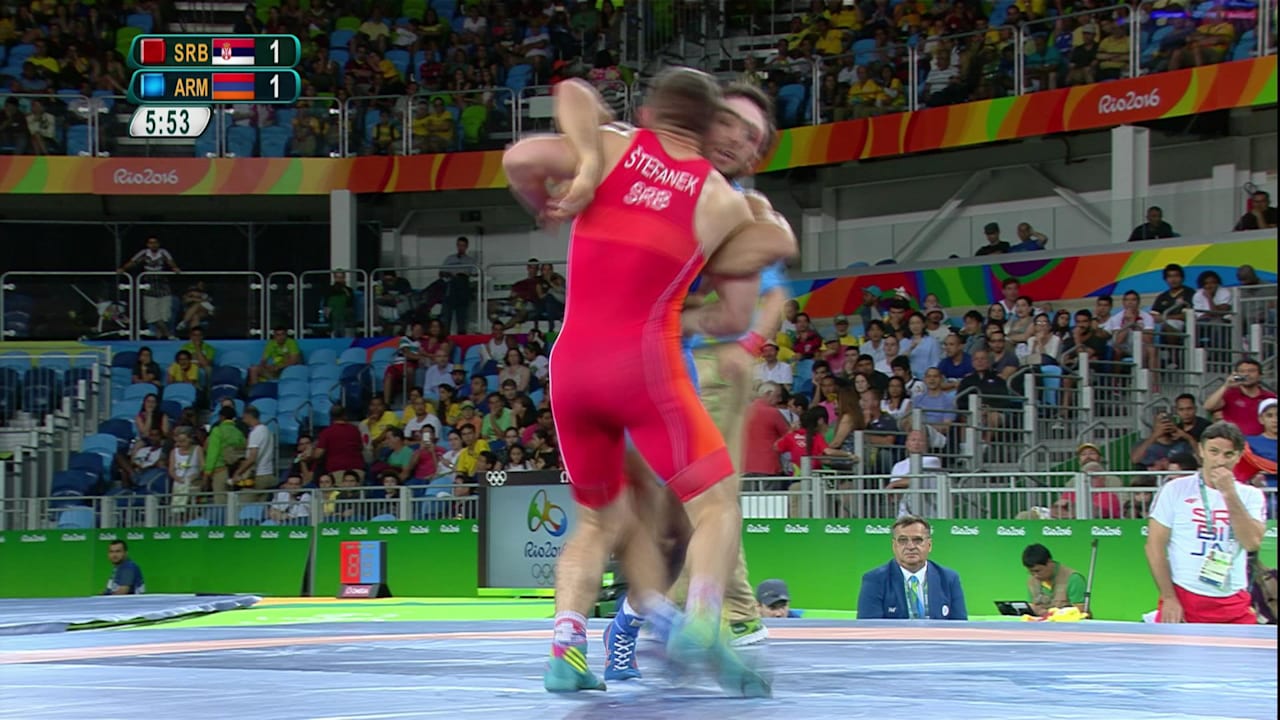
When Aker Al Obaidi first started wrestling aged 6, he had no idea that one day the sport would be his ticket to a new life. The young Iraqi competed for fun, and he showed enormous potential. Obaidi started winning junior tournaments, and was attracting the attention of other nations that wanted to recruit him. But when he turned 14, the fun abruptly stopped.
A group calling itself Islamic State took over his home city of Mosul, Iraq, and started recruiting boys around his age. He fled the country. “I didn’t want to leave, but I had to.” said Obaidi, now 21. “It was a very scary experience. I didn’t know where I was going or where I would end up.
I was separated from my family and following a group of others. I was scared whether my family would survive the war. I had to look after myself. “The whole situation was very tough, psychologically, and I’ve had to see doctors about what happened to me.” Aker is now a member of the Refugee Olympic Team

Obaidi headed for Europe, and eventually ended up in Austria, where he was granted asylum.
“It wasn’t a plan to come to Austria,” he continued. “I’d never heard of it. It is just where I ended up as we couldn’t leave.”
The teenager was enrolled at a middle school in his new homeland, where he learnt basic German. But without a family around to guide him, Obaidi struggled at first to forge a new life for himself.
“There are tough things about being a refugee,” Obaidi said. “Filling in forms and visas, going to the government to prove you can stay in the country – all this is difficult, especially when it’s not in your mother tongue.”
“My talent opened lots of doors for me and I made a lot of friends in wrestling.”
Searching for happiness, Obaidi went back to the wrestling mat, and discovered that he still thrived in this more familiar environment.
The Greco-Roman grappler continued to train when he wasn’t working as a painter, and after two years he was persuaded by Benedikt “Mo” Ernst to move to the small mountain town of Inzing to continue training.
It could not have been a bigger culture change for the young Iraqi, who was used to the hustle and bustle of big cities.
Ernst organised an apartment for his mentee to live in, and Obaidi’s talent was quickly recognised by local clubs. This helped the boy from Mosul to settle quickly in his new surroundings, and five years later could speak German fluently.
“I made Austrian friends who really helped me,” he said. “I love Austria, it is a very beautiful country. The food is great, and I love the mountains. They feel like home now. Being involved in sport and being a sportsperson has helped me settle. My talent opened lots of doors for me and I made a lot of friends in wrestling.”

Dreaming of Tokyo Olympics
After some impressive performances on the junior international scene, he was invited to a training camp with Serbian Olympic champion at 66kg, Davor Stefanek.
“I felt good against him,” Obaidi said. “That’s when I thought, ‘I am at the standard to win a medal at Tokyo 2020’.
He painted the five Olympic rings on one of his walls at home, to remind him every day of his ambition: to compete at the Tokyo 2020 Olympics.
And then one day in 2019, his dream took a large step towards becoming a reality. He was awarded an International Olympic Committee Refugee Athlete Scholarship, which meant that he would benefit from additional funding and training support on his quest to compete at the Olympic Games.
“I was very happy to get the Refugee Athlete Scholarship,” he said. “I don’t have a nationality right now, it would be great to show that refugees can compete and succeed, too.”
The wrestler is in touch with his family, who he knows are proud of him. But if his dream to compete at the Olympics comes true, he will be doing so for every displaced person on the planet.
“I’m trying to give us a voice, to show that refugees are not bad people. We should not always be thought of as the bad guys and associated with negative things. We want to show that foreign people can do good things, be good in sports, get medals.”
Source
Image Source
![]()


